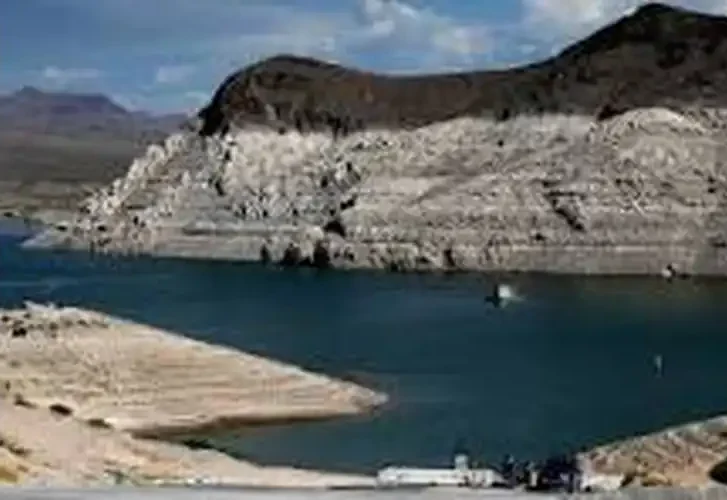The recent study conducted by Arizona State University researchers highlights a concerning trend in the Colorado River Basin: groundwater is being depleted at an alarming rate. The study utilized satellite imagery to track water loss from April 2002 to October 2024, revealing a reduction in groundwater comparable to the volume of Lake Mead. This depletion rate is approximately twice as fast as that of surface water.
Jay Famiglietti, a co-author of the study, emphasizes the importance of groundwater as a critical resource for future generations. He advocates for a holistic approach to water management to ensure sustainability. The study particularly underscores the overuse of groundwater in Arizona, where only a small fraction is regulated, posing a significant threat to the state’s $1.4 billion agricultural sector.
Arizona’s efforts to manage groundwater include the Groundwater Management Act of 1980, which established active management areas to transition users from groundwater to surface water. The Central Arizona Project, completed in the 1990s, was a significant initiative aimed at reducing groundwater dependence by transporting water from Lake Havasu to Tucson.
The findings have been acknowledged by the Arizona Department of Water Resources, which is expanding protections to threatened regions. In Southern Nevada, the Las Vegas Valley Water District actively monitors groundwater levels, implementing conservation measures when necessary.
With interstate water negotiations ongoing, the study’s authors urge stakeholders to consider the stress on groundwater systems alongside surface water allocations. Lead author Karem Abdelmohsen stresses the need to slow groundwater depletion and allow natural replenishment of aquifers.
As climate change exacerbates water scarcity in the Colorado River Basin, the study suggests that significant water use reductions are inevitable. States like Arizona face the challenge of balancing their agricultural needs with sustainable water management practices, avoiding further diversions from the Colorado River. The study serves as a critical reminder of the urgent need for comprehensive water management strategies in the region.

























